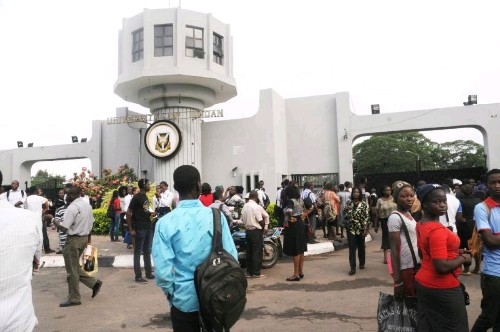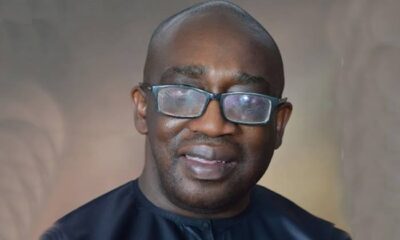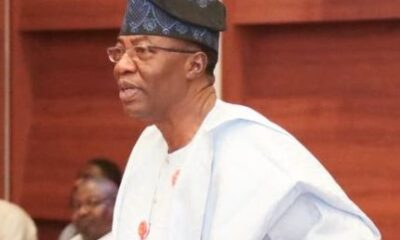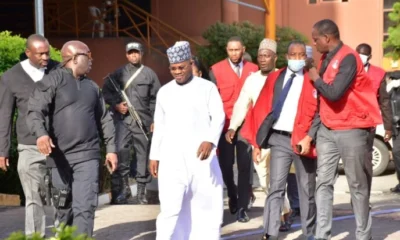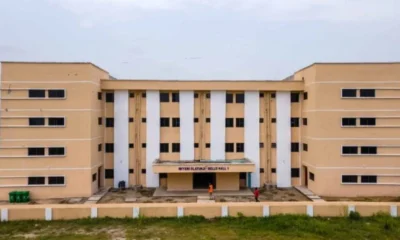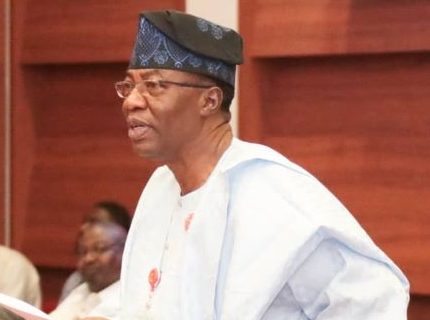BIG STORY
NELFUND Pays N20,000 July Stipend To Student Loan Applicants In Six Universities
-

 BIG STORY5 days ago
BIG STORY5 days agoNational Assembly Passes Life Imprisonment Bill For Nigerian Drug Traffickers
-

 BIG STORY3 days ago
BIG STORY3 days agoDiscos May Move Three Million Subscribers To Estimated Billing Over Failure To Upgrade Prepaid Meters
-

 BIG STORY5 days ago
BIG STORY5 days agoUPDATE: We’re Ready To Provide Evidence For Trial Of Simon Ekpa — Enugu Government
-

 BIG STORY3 days ago
BIG STORY3 days agoDonors Supporting Simon Ekpa Guilty Of Terrorism — Lawyers
-

 BIG STORY3 days ago
BIG STORY3 days agoBritish Court Orders David Hundeyin To Pay N200million As Damages To BBC Journalist For Libel
-

 BIG STORY2 days ago
BIG STORY2 days agoJUST IN: Ebonyi Governor Suspends Health, Housing Commissioners Over “Gross Misconduct, Negligence Of Duty”
-

 BIG STORY5 days ago
BIG STORY5 days agoMuch Ado About Meddlesome Minions, And Messengers Of Misinformation — By Tayo Williams
-

 BIG STORY1 day ago
BIG STORY1 day agoJUST IN: Customs Hands Over 21 Stolen Vehicles To Canadian Government





